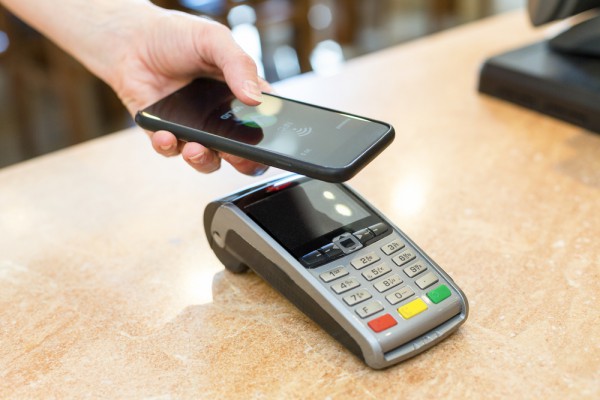77 percent of British consumers have worries about new payment methods

This week South Korea takes the first steps towards becoming a coinless society as shoppers will be handed pre-paid cards instead of change in a country-wide trial. If the trial is successful, bank officials will allow change to be transferred straight into the shoppers' bank accounts by next year.
But a new report from global law firm Paul Hastings shows that security fears are preventing many British consumers embracing new payment technologies. The study of over 2,000 consumers finds 77 percent are worried about using new payment methods.
The risk of fraud is cited as the main reason (59 percent) for UK consumers being unwilling to use new payment methods, followed by data security incidents (49 percent) and the risk of theft (45 percent). The survey also shows that around a quarter (27 percent) of British consumers do not currently use new payments methods.
When asked what the most desirable feature of a new payment method would be, 49 percent of those surveyed wanted a reduced risk of fraud. However, Paul Hastings notes that fraud risks exist with traditional payments methods too and that new payment method providers are often at the cutting edge of ways to address fraud risks, such as the use of tokenisation, which helps drive both product and security innovation.
"Our research shows that many British consumers have yet to make the most of the variety of new payment methods at their fingertips, with concerns around fraud and theft appearing to be an issue (even though the same concerns may often apply to traditional payment methods)," says Ben Regnard-Weinrabe, partner in the global banking and payment systems practice at Paul Hastings' London office. "Assuaging these concerns is one of the most important challenges facing the adoption of emerging payment methods, with providers of new payment methods often at the vanguard of developing and adopting ways to tackle fraud risks, while regulatory developments such as the Second Payments Services Directive are concurrently working to address security risks to the benefit of the consumer."
Paul Hastings revealed in December that the value of non-cash payments in the UK is set to reach £1.44 trillion by 2026, a 26 percent increase on 2016's figure of £1.14 trillion, with there being 19.1 billion contactless transactions per year within a decade.
You can find out more about protecting payment systems on the Paul Hastings website.
Photo Credit: s4svisuals/Shutterstock
